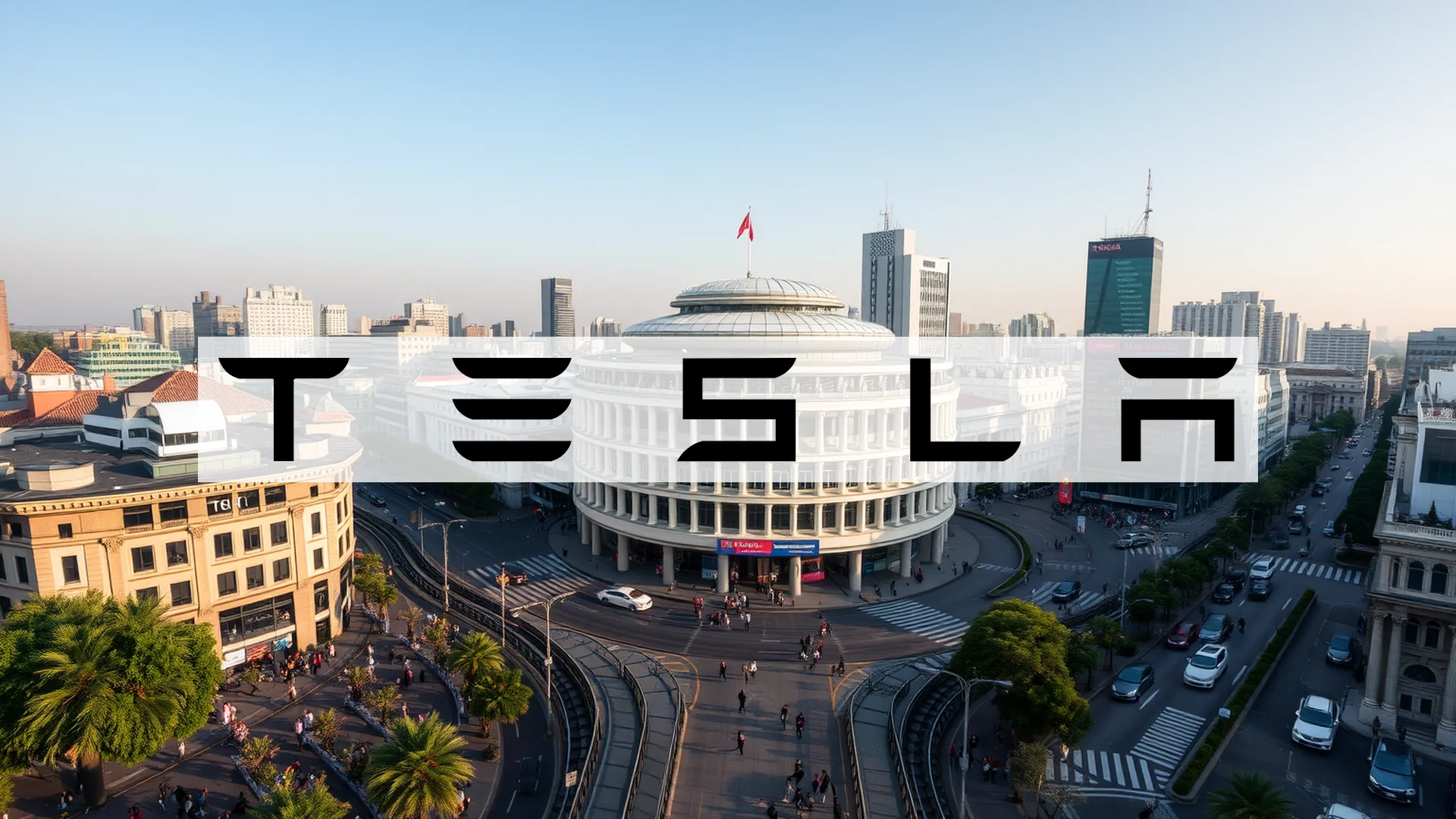Tesla’s third-quarter financial results present investors with a complex puzzle of conflicting signals. The electric vehicle manufacturer delivered a performance marked by stark contradictions: while revenue finally resumed its upward trajectory and cash flow surged dramatically, profitability metrics collapsed at an alarming rate. This divergence highlights the fundamental challenge facing the automotive pioneer—can it successfully balance aggressive growth objectives with sustainable profit generation?
Cash Flow Strength Masks Underlying Weakness
Beneath the surface of impressive top-line numbers, Tesla’s profit engine showed significant strain. The company’s quarterly earnings plummeted 37% to $1.4 billion, with earnings per share disappointing at just $0.37. Most concerning to market observers was the dramatic compression in operating margins, which contracted from 10.8% to a mere 5.8%—raising serious questions about the company’s pricing strategy and cost management.
Despite these profitability concerns, Tesla did post several positive indicators. Revenue climbed 11.6% to $28.09 billion, marking the first quarterly increase this year and exceeding analyst projections. The company’s free cash flow reached an unprecedented $4 billion, demonstrating robust operational performance in this specific area.
Should investors sell immediately? Or is it worth buying Tesla?
Temporary Stimulus Drives Delivery Surge
The revenue resurgence appears closely tied to a time-limited market stimulus. As a $7,500 U.S. tax credit approached its expiration, consumers rushed to purchase vehicles, resulting in 481,166 deliveries during the quarter—a 9% year-over-year increase. This buying frenzy underscores the sensitivity of electric vehicle demand to government incentives and raises questions about Tesla’s ability to maintain this momentum without external support.
Leadership Compensation Vote Looms Large
Adding another layer of complexity to Tesla’s current situation, shareholders will cast votes on November 6 regarding a new multi-billion dollar compensation package for CEO Elon Musk. This referendum arrives at a critical juncture for the company and will serve as a crucial indicator of investor confidence in Musk’s leadership during a period requiring clear strategic direction.
Market reaction to Tesla’s earnings release reflected this fundamental tension within the company’s performance. After an initial sharp decline, shares recovered their losses as investors weighed strong cash generation against deteriorating profitability. The central question remains unanswered: can Tesla engineer a sustainable return to profitable growth, or will margin compression continue to undermine its financial achievements?
Ad
Tesla Stock: Buy or Sell?! New Tesla Analysis from February 7 delivers the answer:
The latest Tesla figures speak for themselves: Urgent action needed for Tesla investors. Is it worth buying or should you sell? Find out what to do now in the current free analysis from February 7.
Tesla: Buy or sell? Read more here...










